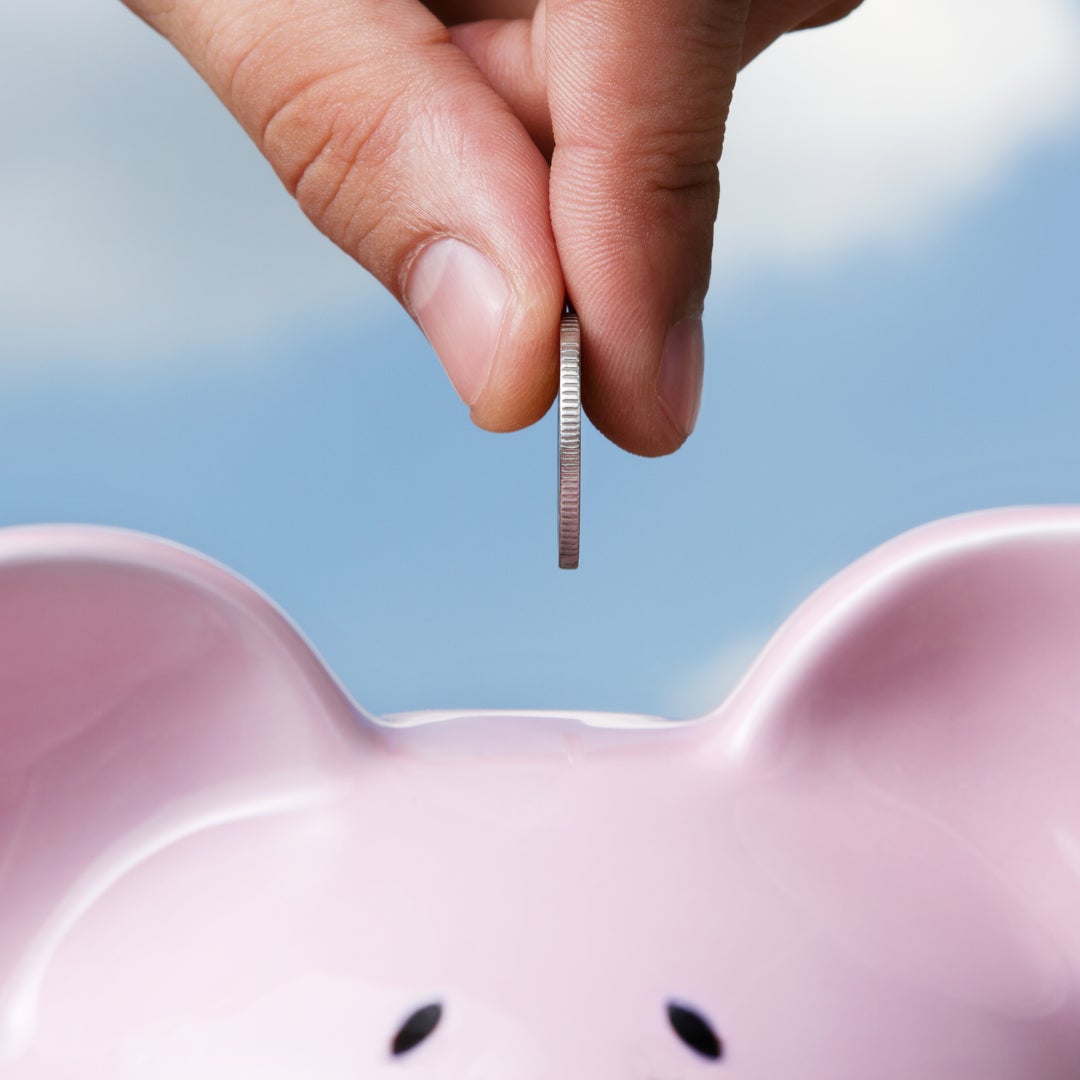How to Cash in Savings Bonds

Savings bonds are used as a way to generate low-risk, reliable returns on savings. Some U.S. savings bonds can yield returns that are comparable to savings accounts, as long as they aren’t cashed out before they mature.
If you have savings bonds you want to cash in, you first need to understand what savings bonds are, how they work, and which type you own, so that you can cash them in at the right time for maximum value.
What are savings bonds?
U.S. savings bonds are a type of government debt. Essentially, when a person buys a savings bond, they are loaning money to the U.S. government, and the government agrees to repay the loan at a certain amount of interest over a specific time frame.
Selling savings bonds helps the government raise the money it needs to cover its various expenditures. And for individuals, buying savings bonds can be one of the safest investments possible because the bonds are backed by the full faith and credit of the U.S. government.
How do savings bonds work?
The U.S. government pays a fixed amount of interest on the principal amount paid for a savings bond. The bonds earn interest for a set amount of time, usually 20 or 30 years. When a bond has matured (stopped earning interest), you can redeem it for cash and you can use it to buy another bond or a different investment. If you need to cash in a savings bond before it reaches maturity date, you can do that after you’ve held it for 12 months, but you may lose some interest.
The interest you earn on U.S. savings bonds is exempt from state and local taxes. You do have to pay federal income tax on the interest earned from savings bonds, but you can defer paying that tax until you redeem the bonds or until they reach full maturity, whichever comes first.
Since 1935, when the U.S. government issued its first savings bonds, there have been a number of different types of savings bonds with various terms. Some types of bonds are no longer issued, but may still be earning interest for those who purchased them in the past.
Currently, the U.S. government sells EE bonds and I bonds. These bonds earn interest on a monthly basis. You can cash them in after one year, but if you cash in before five years have passed, you’ll lose three months of interest.
4 types of savings bonds
Over the years, a number of different types of savings bonds have been offered, including:
1. Series EE
The government has been selling EE bonds since 1980. Currently, EE bonds are only sold electronically, but you may have older EE bonds that are paper. If they are less than 30 years old, paper savings bonds may still be earning interest.
Series EE bonds earn interest at a set rate on a monthly basis for 30 years. New EE bonds purchased between Nov. 1, 2022 and April 30, 2023 pay a fixed interest rate of 2.1%, and they are guaranteed to double in value in 20 years. You can buy and manage new EE bonds with a Treasury Direct account.
2. Series I
If you want an investment that helps you protect against inflation, I bonds may be a good solution. Series I savings bonds earn both a fixed rate of interest and a rate based on inflation. The rate is reset twice each year.
For I bonds purchased between November 1, 2022 and April 30, 2023, the interest rate is 6.89%. Series I bonds are primarily electronic, but you can purchase paper I bonds with all or part of your IRS tax refund.
Like EE bonds, I bonds earn interest for 30 years. You can redeem them for cash after one year, but if you do so before five years, you’ll forfeit the last three months of interest.
3. Series HH
From 1980 to 2004, the U.S. government issued Series HH savings bonds, which had a maturity date of 20 years. You can’t buy a new HH bond, but you may have an old one that could still earn interest until 2024.
When you are ready to redeem a Series HH bond, a bank cannot cash these bonds for you. Instead, you have to complete a special form and mail it to Treasury Retail Securities Services.
4. Series E
Introduced in 1941 as defense bonds, Series E savings bonds became known as “World War II bonds.” Sold until 1980, Series E bonds earned interest for 20 years. In 2010, this series of bonds stopped paying interest. Now they can be redeemed for cash.
How much is my savings bond worth?
Before you make a decision to cash in savings bonds, it’s important to determine whether your savings bond has reached its maturity date, or stopped earning interest. It’s also important to determine how much your savings bond is worth.
The value of your savings bond depends on the type of bond it is, when it was issued, and the price paid for it. Some savings bonds are sold for their printed value amount, while others are sold for a percentage of their printed value.
If you own electronic savings bonds, you can find their worth by logging into your Treasury Direct account. To calculate the value of your paper savings bonds, use the TreasuryDirect savings bond calculator.
How to cash in savings bonds
After you’ve figured out the value of your savings bond, you may decide you’d like to cash in, or redeem, your bond. And the right way to cash in savings bonds will depend on the type of bonds you have.
First, if you have a bond that was purchased electronically, like the current Series EE or Series I bonds, you will need to redeem it online through a TreasuryDirect account. After redeeming the bond online, the U.S. Treasury will deposit the money into your bank account within a few business days.
If you want to cash in a paper savings bond, you may be able to redeem it at a bank or credit union where you are an account holder. However, some banks or credit unions may redeem savings bonds only for customers who have held accounts for a certain length of time, or they may have a limit on the dollar amount of bonds they will redeem for a customer. You’ll need to bring the paper savings bond and your ID to cash in the bond at your bank or credit union.
When your paper bond is an HH bond or from an older bond series, you cannot redeem it at a bank or other financial institution. Instead, you’ll have to redeem it directly through the government’s Treasury Retail Security Services.
When to cash in savings bonds
There are a number of variables to consider when determining when to cash in your savings bonds. The right time to redeem your bonds may be when:
The bond has fully matured
If your savings bond has reached its maturity date and is no longer paying interest, it makes sense to redeem it for cash.
The bond has reached its full printed value
In the past, older bonds were sold at half of their printed value and can only be redeemed for their full printed value after a defined period of time has passed. Before you cash in your savings bond, it’s best to wait until the bond has reached its printed value.
You have held the bond long enough to avoid any interest penalty
If you cash in an I or EE savings bond before holding it for at least five years, you will lose three months’ worth of the interest earned on the bond. For example, if you’ve held a bond for 19 months and cash it in, you would only get 16 months’ worth of interest. If you really need the cash, be prepared to give up some of the interest.
When you decide to cash in a savings bond, make sure your decision fits with your larger financial plan.
The views expressed are generalized and may not be appropriate for all investors. Acorns is not engaged in rendering any tax, legal, or accounting advice. Please consult with a qualified professional for this type of advice.








